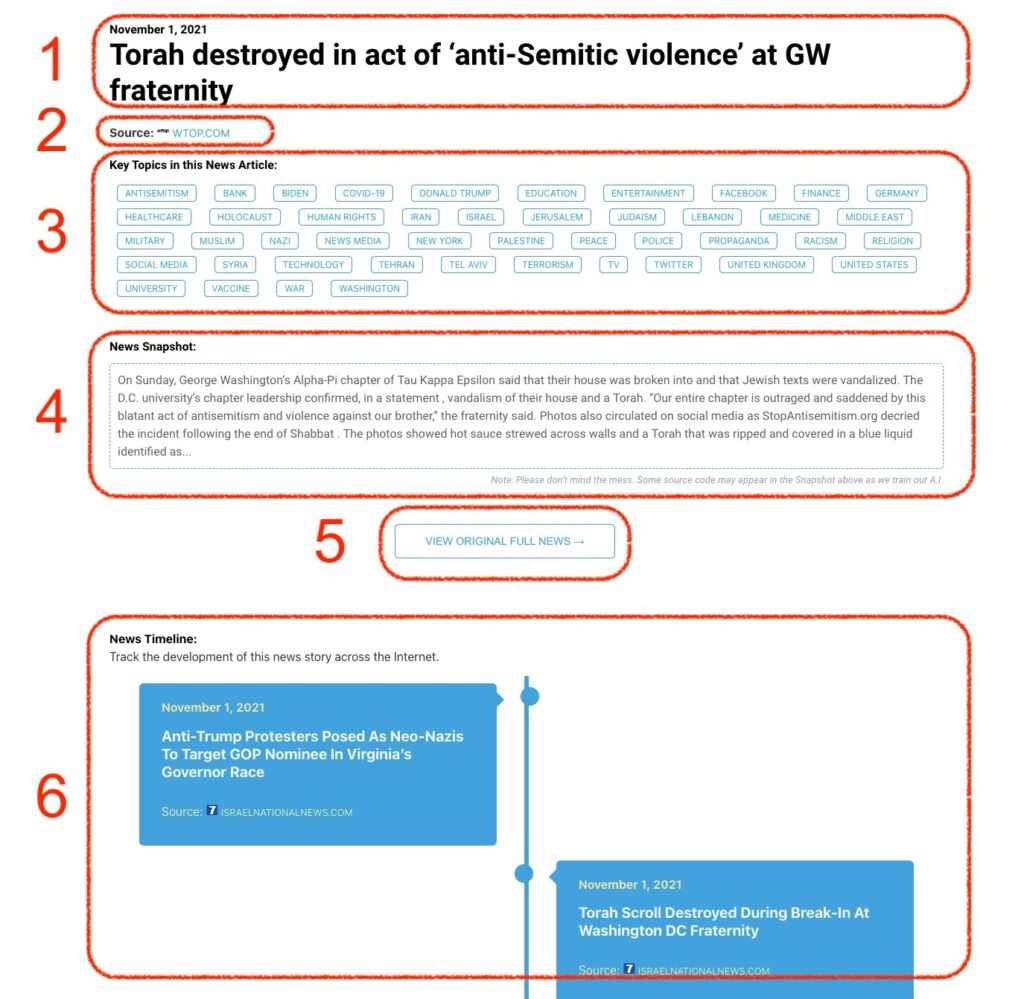Agnes Arnold-Forster was once a very nostalgic child. An avid reader of Enid Blyton novels, she tells us, she unsuccessfully begged her parents to “divert me from my 1990s London primary to a boarding school in 1950s Cornwall”. Although her training as an academic historian naturally taught her to be suspicious of such yearnings for an imaginary past, she has now written a book that combines wide-ranging historical analysis with a (cautious) “defence of nostalgia”. While neuroscientists sometimes treat emotions as human universals, historians are keen to show how the words we use to describe our feelings, and indeed the...
Monitoring Antisemitism Intel

